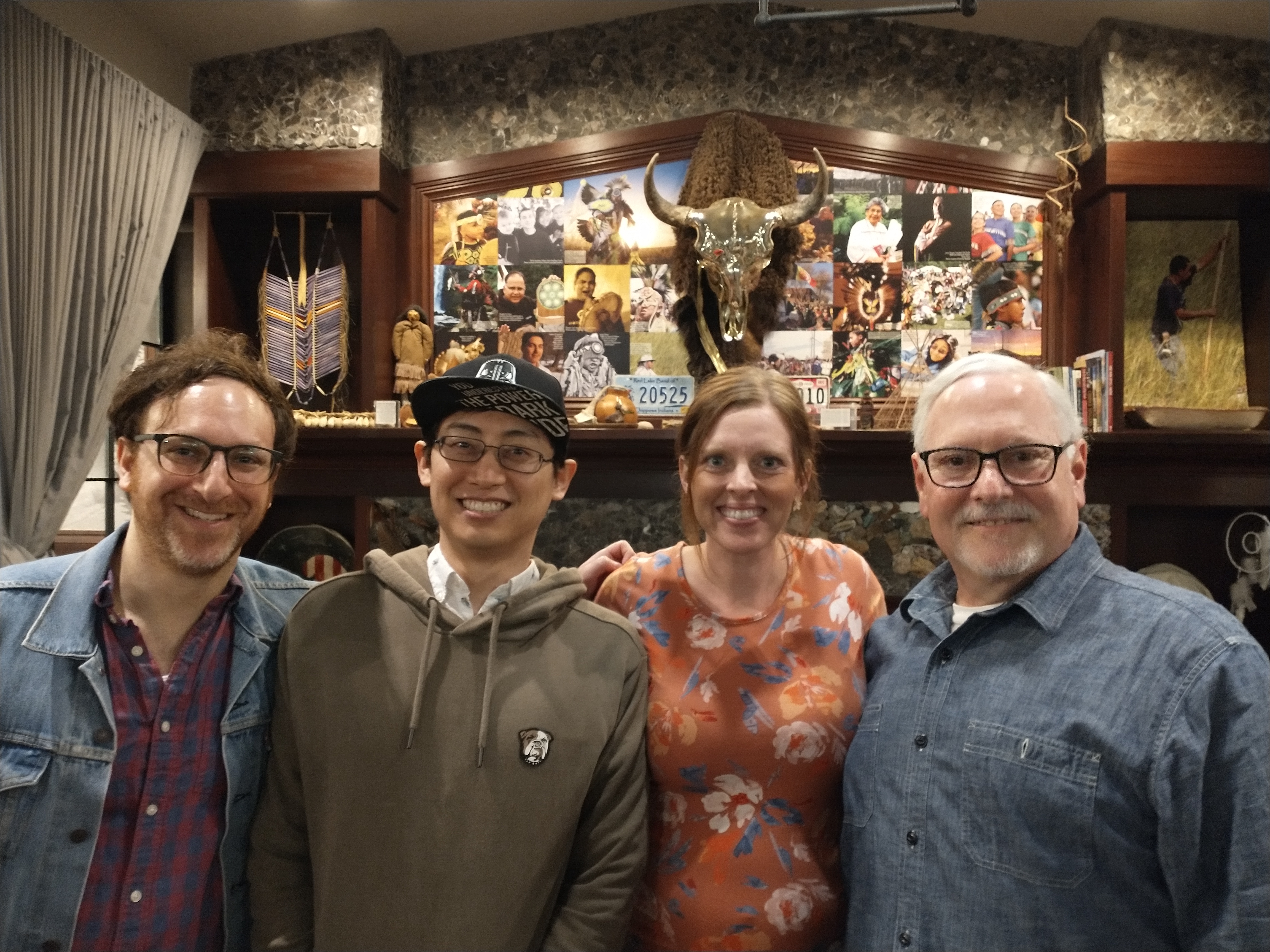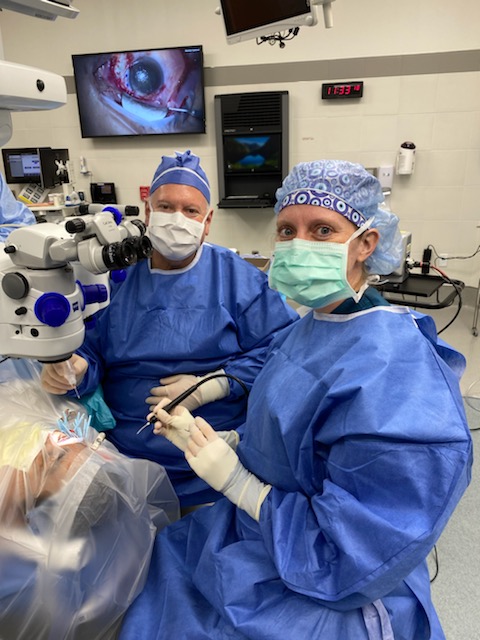Cornea, External Disease Fellowship

The 1-year fellowship in Cornea and External Disease emphasizes medical and surgical treatment of the full gamut of anterior segment disease, with broad and deep experience in lamellar and penetrating cornea transplantation, complex cataract extraction, management of intraocular lens complications, ocular surface reconstruction including keratoprosthesis, ocular oncology, and ocular microbiology.
The Department of Ophthalmology and Visual Neuroscience at the University of Minnesota is a tertiary ophthalmic care provider serving a large urban metropolitan area, in addition to referral networks extending across the upper Midwest. With multiple providers in every ophthalmic subspecialty within the department, there is a fantastic variety of pathology and unique opportunities for collaboration in clinical and surgical care.
Recent fellow case logs have demonstrated the following 1-year totals as primary surgeon:
Penetrating keratoplasty / Deep Anterior Lamellar Keratoplasty / K-Pro: 60-70
Endothelial keratoplasty (DSEK / DMEK): 35-40
Secondary / Sutured IOL: 15-20
Conjunctival lesion / reconstruction (pterygium / tumor / etc): 50+
Amniotic membrane grafting: 30+
Total cases as primary surgeon: 300-400
Requirements
Fellows must be board eligible, must have satisfactorily completed an accredited internship and ophthalmology residency program in the United States, and must be able to obtain an unrestricted medical license in the state of Minnesota.
Faculty Mentors
Living in Minnesota
What is it like living in Minneapolis, Minnesota? How will I survive winter?
Minneapolis is a vibrant, progressive city with lots of entertainment, dining, and recreational activity options.
Academic Activity

The fellow is introduced to clinical and laboratory research and is encouraged to actively participate; one research project is required of the fellow each year. Our close integration with the Minnesota Lions Eye Bank (located adjacent to the U. of M campus) affords outstanding access to corneal tissue for research and surgical innovation.
The fellow is encouraged to take an active role in resident and medical student teaching in the form of formal didactics, wet lab surgical activity, and on-the-fly teaching in a collegial and collaborative atmosphere.
Apply
Please refer to the SFMatch website to register for the match. Once registered you can view our program listing on the SFMatch directory website for all required documents.